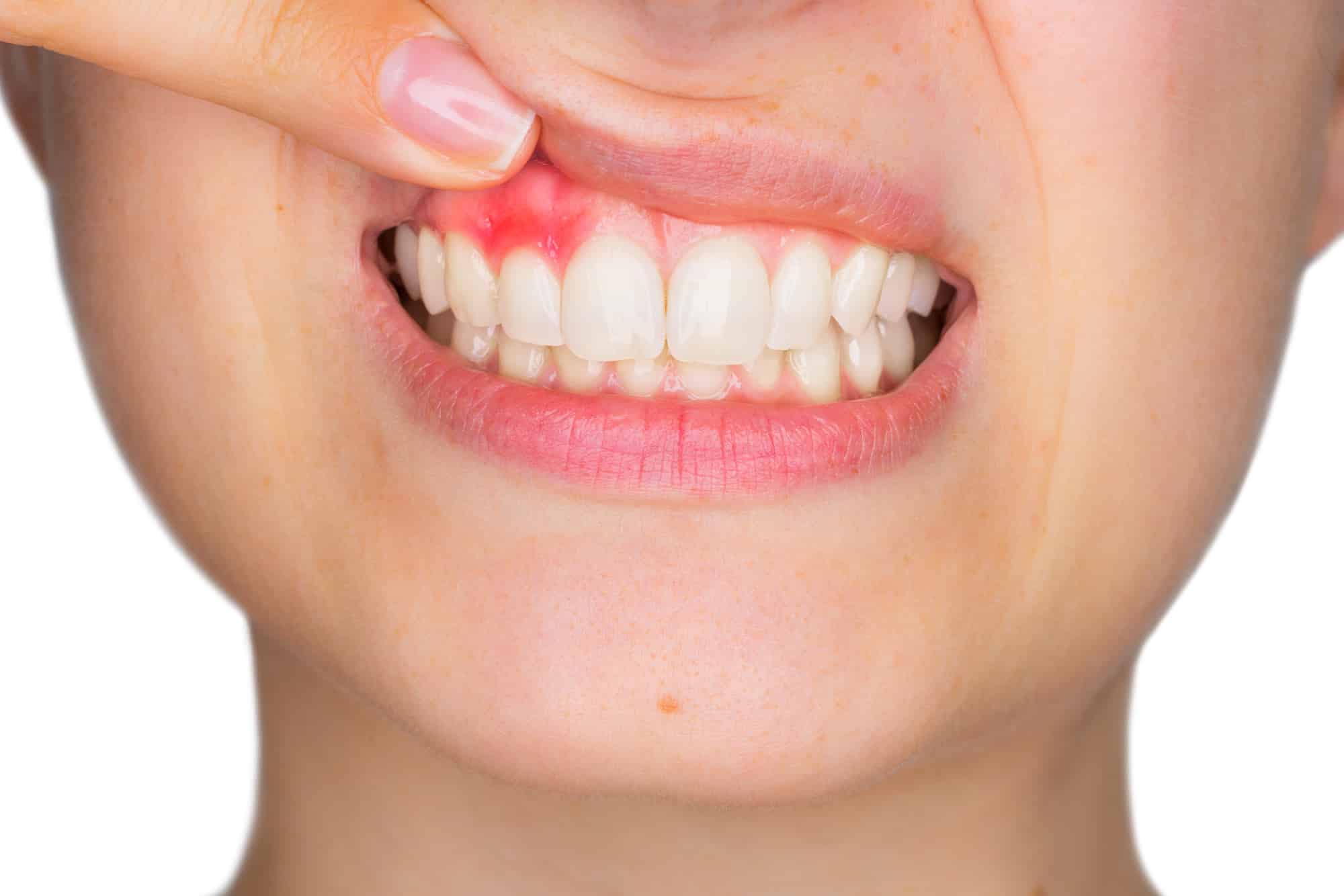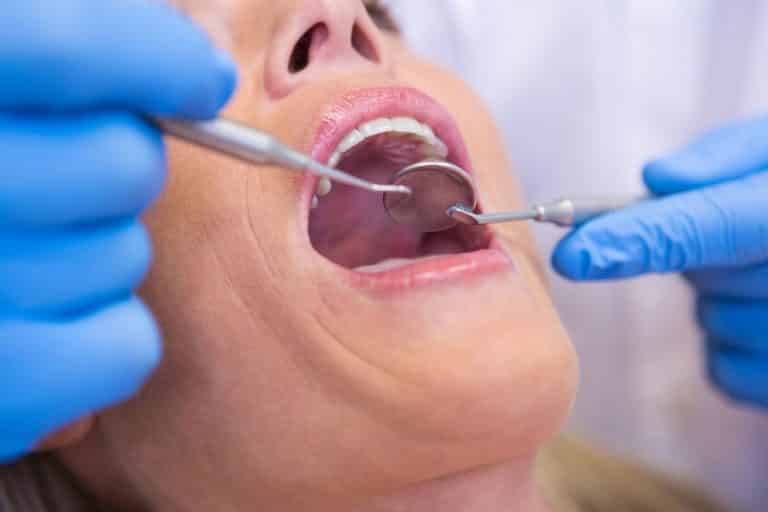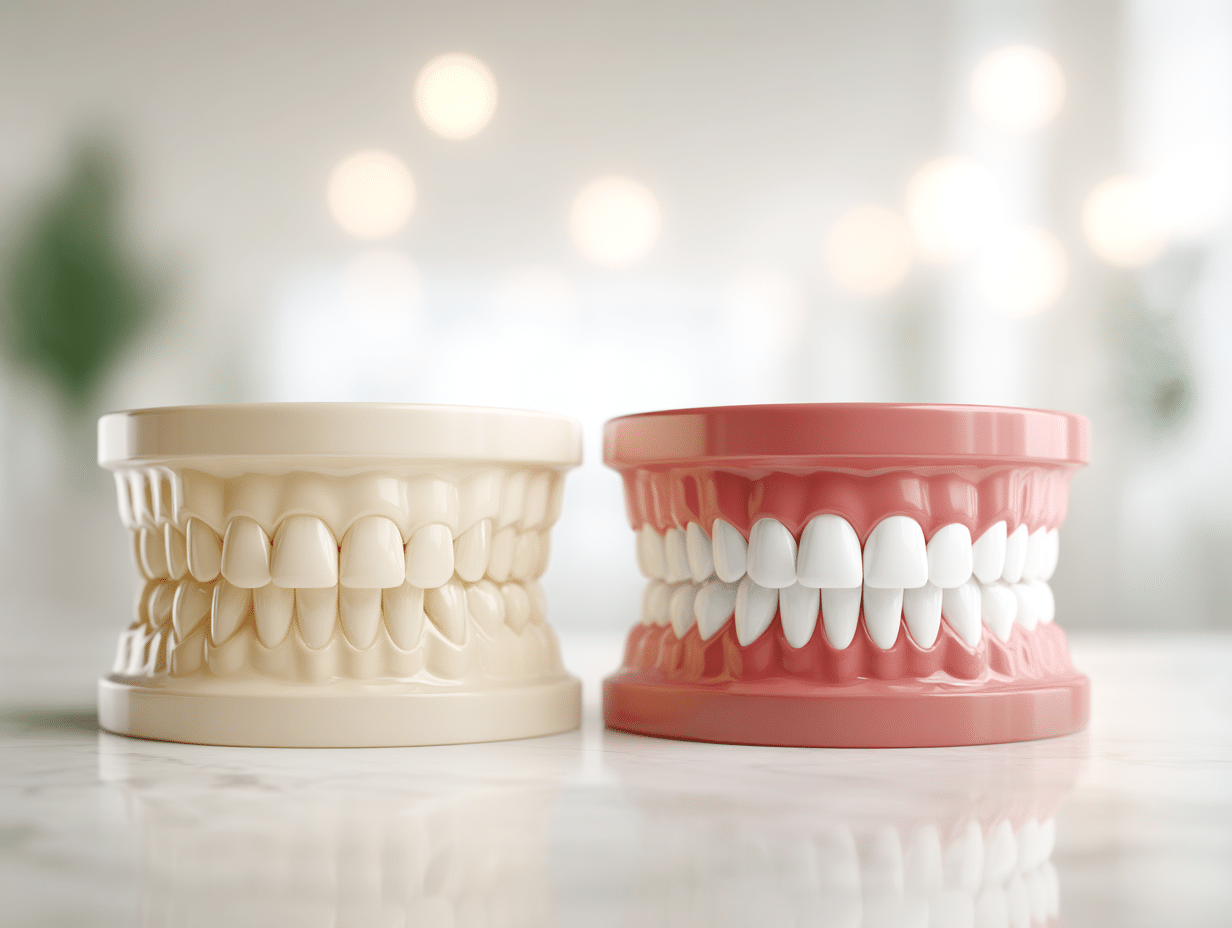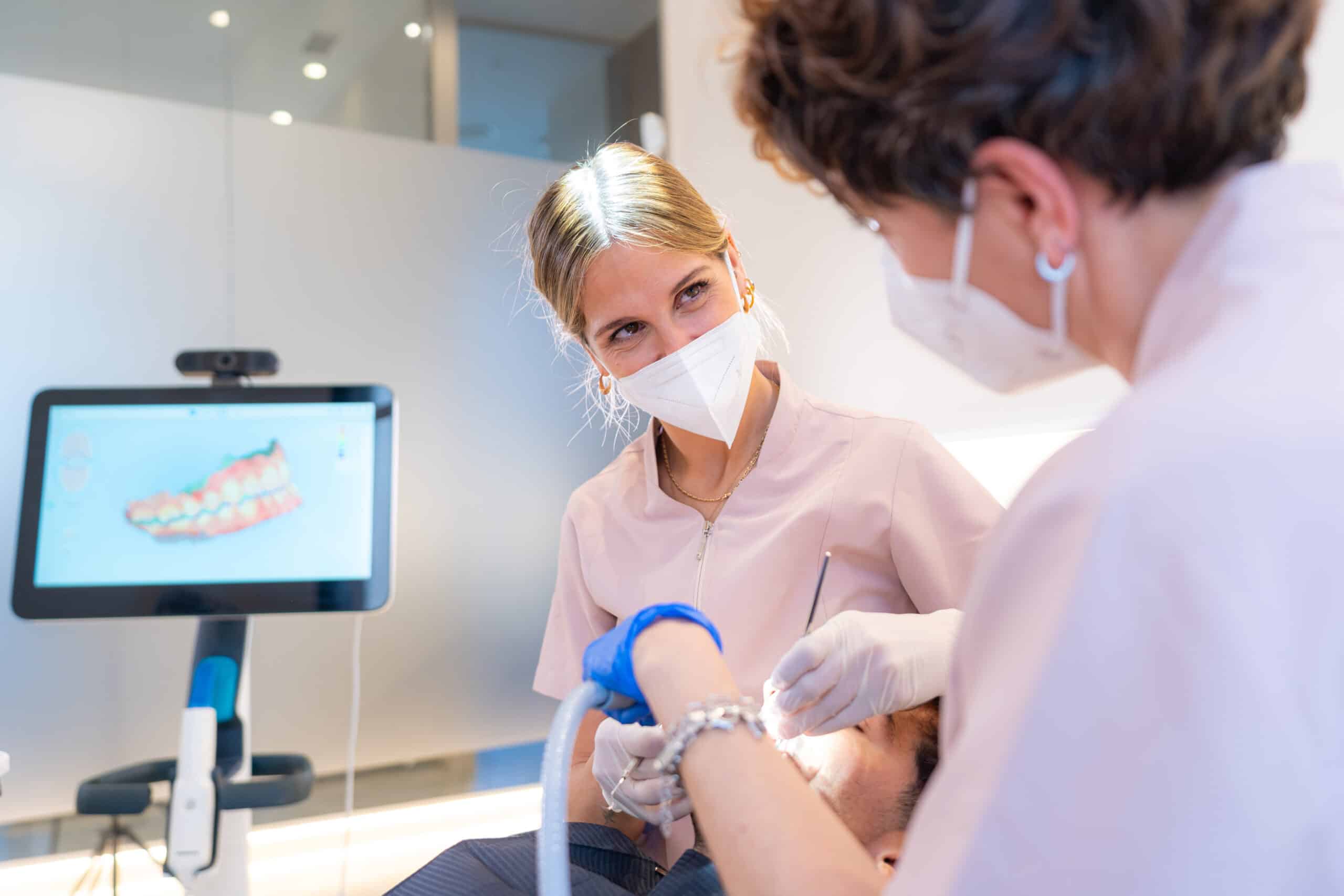In a study conducted by The Professional Medical Journal, 40.6% of 1,000 human participants were shown to have bleeding gums. This comes out to 44% of males and 56% of females who participated in the study suffering from bleeding gums.
If your gums keep bleeding, you’re not alone. You shouldn’t ignore the problem out of humiliation, confusion, or worry.
You need to address the issue by seeing a dentist. Keep reading to learn more about why you shouldn’t ignore your bleeding gums.
Why Do Gums Bleed?
One of the biggest reasons why most peoples gums bleed is because of their brushing and flossing habits. Usually, people who are bleeding gums aren’t brushing and flossing regularly. Even those who are could be doing it incorrectly.
Having a basic knowledge of oral hygiene is essential to your overall health. It may not seem like a big deal, but it can make a great difference in how you feel.
Bacteria in your mouth join together and collect at the gum line. These bacteria are the key to having a healthy environment in your mouth. However, they can build up overtime if they are cleaned out regularly.
When you brush and floss, you’re removing the bacteria along the gumline and breaking down the biofilm that the bacteria is making. If you don’t remove the bio film correctly and regularly, your gums can become inflamed.
Then, if you try to brush or floss after not having done so correctly for a while, your gums can bleed in response.
What Are the Dangers of Bleeding Gums?
If your gums keep bleeding, you may have something more serious going on. There are several oral health conditions that are connected to bleeding gums.
If you have persistent bleeding gums or have experienced bleeding gums for a long time, you may want to consult a dentist to make sure that you don’t have an oral health condition.
If you find that you have any of the symptoms that we cover, you may want to go ahead and make an appointment with a dental professional. The sooner you can stop in oral health condition from progressing, the better off your oral hygiene as a whole will be.
Gingivitis
Gingivitis is an oral health condition marked by inflammation of the gum tissue. Typically, gingivitis comes about as a result of poor brushing and flossing.
Bacteria will build up at your gumline, causing your body to send more blood to that area. Your body uses this blood to sand white blood cells to fight the bacteria that is building up.
If the bacteria is removed, you won’t have as much blood in the area. However, if the bacteria is not removed, the blood will stay which will cause chronic inflammation of your gums.
If you’ve noticed that your gums are more red and/or puffy than normal, you may have gingivitis. You may also notice that your gums are more tender when you’re brushing and flossing.
Some people think that – if brushing and flossing hurt due to this tenderness – they should stop brushing and flossing completely. However, if you let gingivitis progress, it could turn into periodontitis.
Periodontitis
Periodontitis is another oral health condition that comes about because of inflammation. However, periodontitis is an inflammation of the bone and ligament that attaches your gums to your bone.
People that have periodontitis usually complain of bad breath, missing teeth, and sagging gums. If you are experiencing these symptoms, you should consult a dentist.
The sooner that you can recognize the condition, the better off your oral health will be. If you’re too late in recognizing periodontitis, you can completely and permanently lose bone, gum, and ligament issue. Once you’ve lost some tissue, you can’t get it back.
If you can speak with your dentist quickly and adjust your home practices as needed, you can stop periodontitis in its tracks. There are some new treatments that you may have available to you for replacing gum and bone tissue and reducing gum pockets.
How Can I Prevent Bleeding Gums?
There are a few ways that you can try to prevent bleeding gums. The best suggestions lie around your brushing and flossing habits.
When you’re brushing your teeth, you want to make sure that you’re brushing softly. You don’t want to harm your gums. If you feel like you aren’t cleaning your teeth completely, you may not be brushing for as long as you should be.
A tip for brushing your teeth is to make sure that your teeth feel like they would after a professional cleaning. When you brush your teeth at home, it should feel like you just came back from the dentist.
Your dentist may have special tools, but you can still brush your teeth completely by using a toothbrush and floss.
When it comes to flossing, you should know that there are several different types of floss that you can get. Some people have difficulty reaching some spots in their mouth, while others don’t quite know how to use floss.
Keep in mind that floss was made to get the spots that brushes can’t get. Make sure that you’re flossing softly and working to get the spots that you can’t reach with your toothbrush.
As your relearning to brush and floss, you should keep in mind that generic products will work just as well as name brands. The way that you use the products matters more than how expensive the products themselves are.
What If My Gums Keep Bleeding?
If your gums keep bleeding, you should get advice from our expert dentists. Our team can help you take care of your gums and ensure that you have the best knowledge on brushing and flossing going forward.
The earlier you can start truly taking care of your oral health, the sooner you can prevent having gum disease and other harmful oral health problems.
Contact us today to make an appointment with our team. We can help you get more control over your oral health and stop the bleeding.





